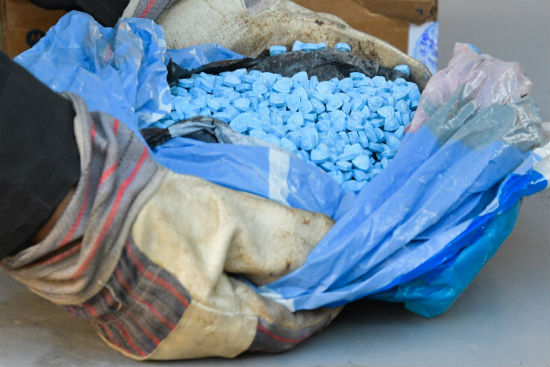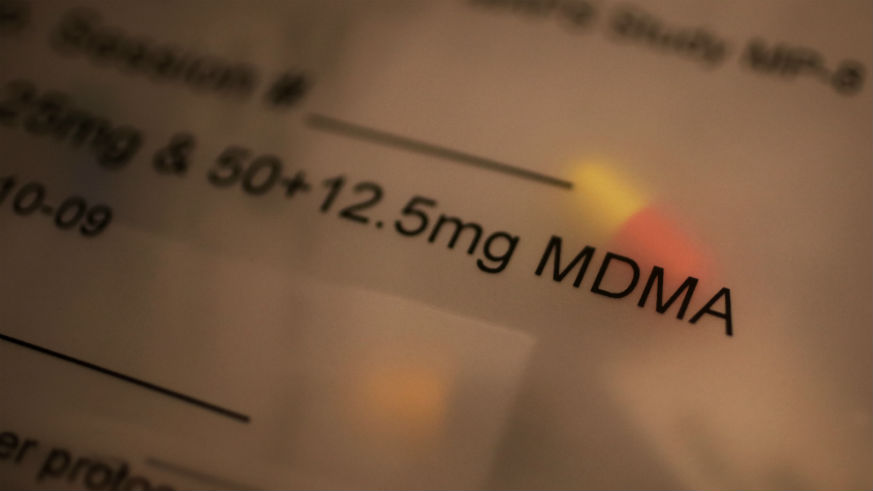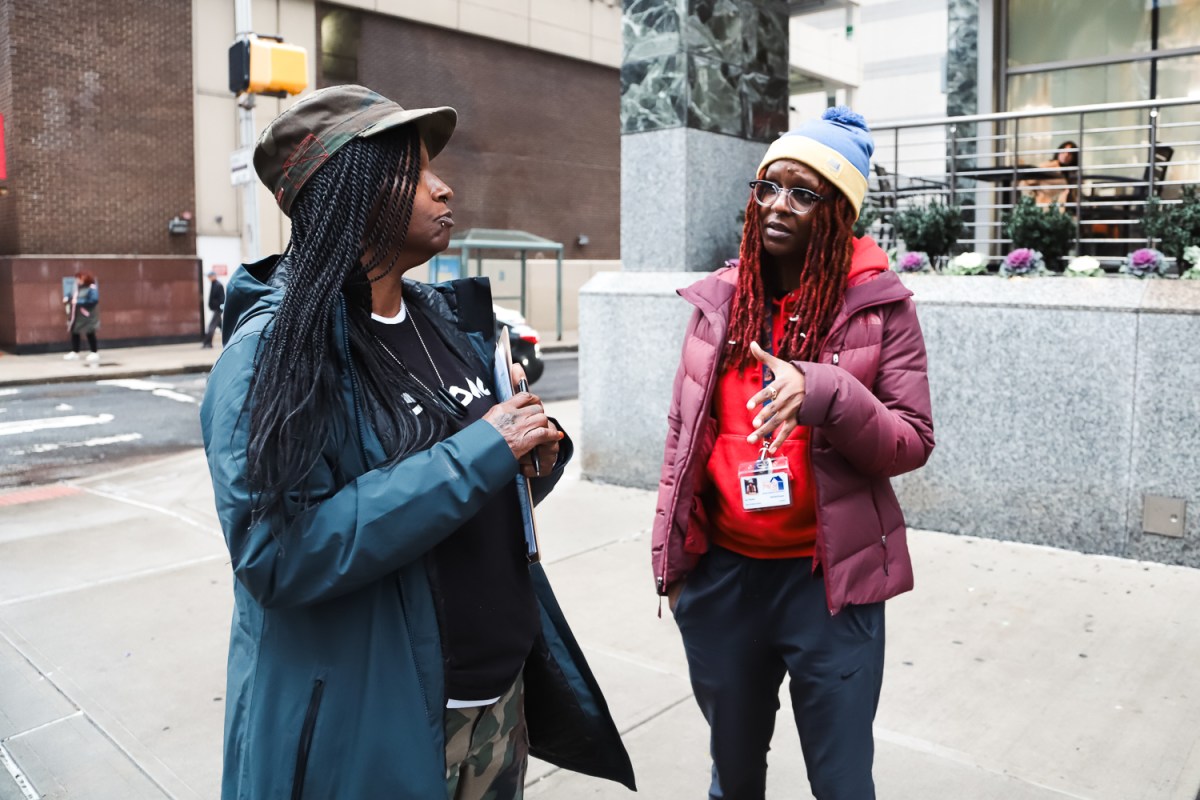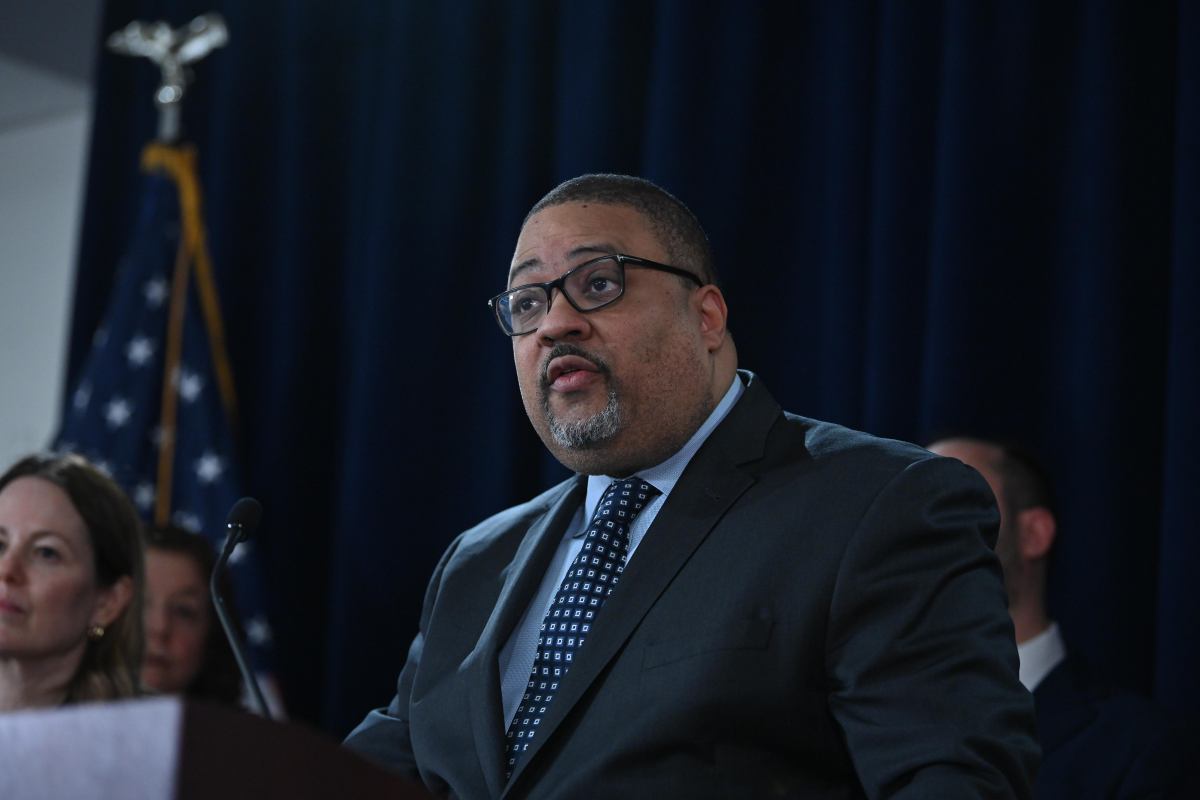Anyone can experience post-traumatic stress disorder — and the major of Americans do, with 70 percent experiencing it at at some point during their adults lives, according to the non-profit PTSD United.
Some cases of PTSD don’t require extensive treatment to fix, but many do — and those treatments can range from certain types of psychotherapy to medications like Zoloft, Paxil and Effexor.
MDMA might soon be added to that list of approved medications, according to a recent decision by the U.S. Food and Drug Administration. According to the Multidisciplinary Assocation for Psychedelic Studies, the FDA granted Breakthrough Therapy Designation to the drug, meaning it shows great promise over other forms of treatment.
What is MDMA?
Also known as “Molly,” 3,4-methylenedioxymethamphetamine (MDMA) is a synthetic drug that gives users feelings of euphoria, energy and empathy, along with hallucinations. It’s classified by the U.S. Drug Enforcement Administration as a Class I controlled substance, meaning it’s highly addictive and has no use in medical treatment, according to the National Institute on Drug Abuse.

But that might be changing with the FDA’s decision.
How MDMA shows promise in PTSD treatment
PTSD treatment with MDMA isn’t as simple as giving a person a dose of the drug. Instead, its effects — including the euphoria and empathy — are used in conjunction with psychotherapy treatments to help reduce fear and increase self-acceptance. In a clinical trial, 107 patients suffering from PTSD were given MDMA before therapy. Of the 107, 61 percent reported significant decreases in symptoms to a point they didn’t fit the definition of PTSD. They were reexamined a year later and 67 percent of the 107 participants didn’t fit the criteria for the disorder.
The next step for MAPs researchers is to go into larger “Phase 3” clinical trials with 200 to 300 patients in 14 different locations. If Phase 3 receives similar results then MDMA could be approved by the FDA for PTSD treatment as soon as 2021.
Not everyone is convinced about legitimizing MDMA as medical treatment.
“I think it’s a dangerous substance,” Andrew Parrott, a psychology professor at Swansea University in Wales, told The Washington Post. He’s spent years studying the drug and worries that an FDA approval could lead the public to view MDMA as safe.
However, one Army veteran says MDMA could “save lives.”
“I was the 26th veteran chosen for a 26-person study,” Jon Lubecky told The Post. He attempted suicide five times after a tour in Iraq but his experiences with MDMA treatment in the study put him in “such a comfortable place.”
“I didn’t even realize I was finally talking about [his experiences], admitting it for the first time to anybody,” he said.
“I have friends who are suffering every day like I was. But they can’t do it because it’s illegal,” he added. “This could save their lives.”

























